The importance of choosing the right coach
There are around 63.000 coaches in The Netherlands (source: Dutch Chamber of Commerce). Only ten percent of these coaches is actually certified and a member of a professional association. With the title of coach not being protected, the coaching trade keeps growing. As a result, it is becoming increasingly harder to distinguish the real professionals. Personal experience and listening skills are not enough to be able to provide professional coaching. It is important to choose a certified coach who is a member of a professional association.
Ownership
The International Coaching Federation (ICF) defines coaching as follows:
“Partnering with clients in a thought-provoking and creative process that inspires them to maximize their personal and professional potential”
Ownership is a crucial element. Through coaching, clients gain insight into how their patterns hold them back and learn how to break these patterns. This means that coaching sessions are not passive: it takes courage and determination to break patterns beyond the sessions. Clients take the insights they gain during the sessions to actively try and change their behaviour in their day-to-day life.

The art of coaching
A professional coach will focus on personal development and long-term, sustainable change. To be able to do this, the coach needs to fully understand your frame of reference, so that you can work together on achieving your goals. It is essential for the coach to recognize their own patterns as well, using them as a means of support during the sessions. This means as a coach you are continuously working on your own personal growth as well, through training, intervision, supervision, and reflection.
Certification
A professional coach and a good relationship between coach and client are both essential elements for a successful coaching process. There are three professional coaching associations in The Netherlands: StiR,NOBCO, and ICF. All three associations set high demands for professional coaches, strengthening the coaching trade. Do not hesitate to ask a potential future coach about their education, experience, and certification from a professional association.
If your coach is ICF-certified, this means they have a solid educational background, ample experience, and clear ethical rules, and they have had their coaching skills assessed by an independent third party. It is important to know who exactly you are dealing with.






